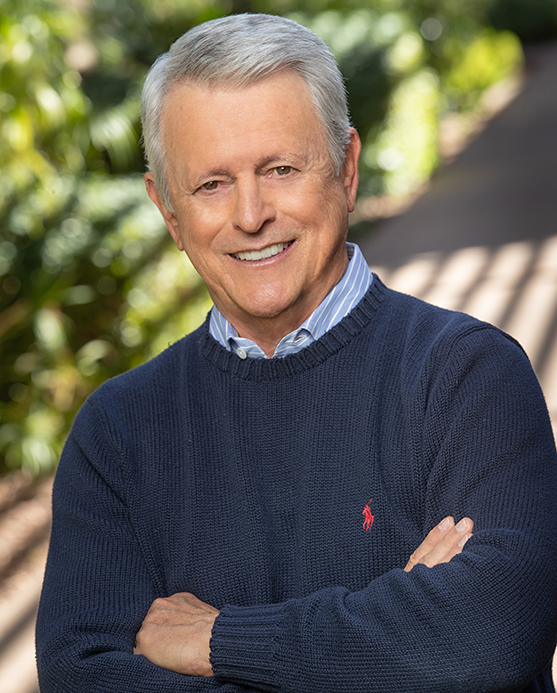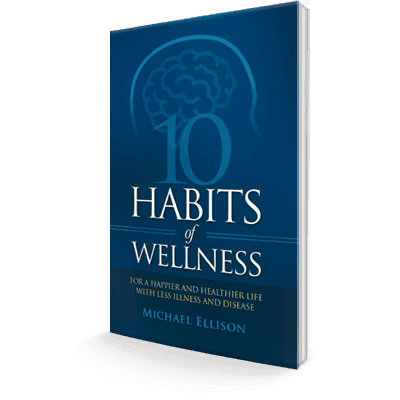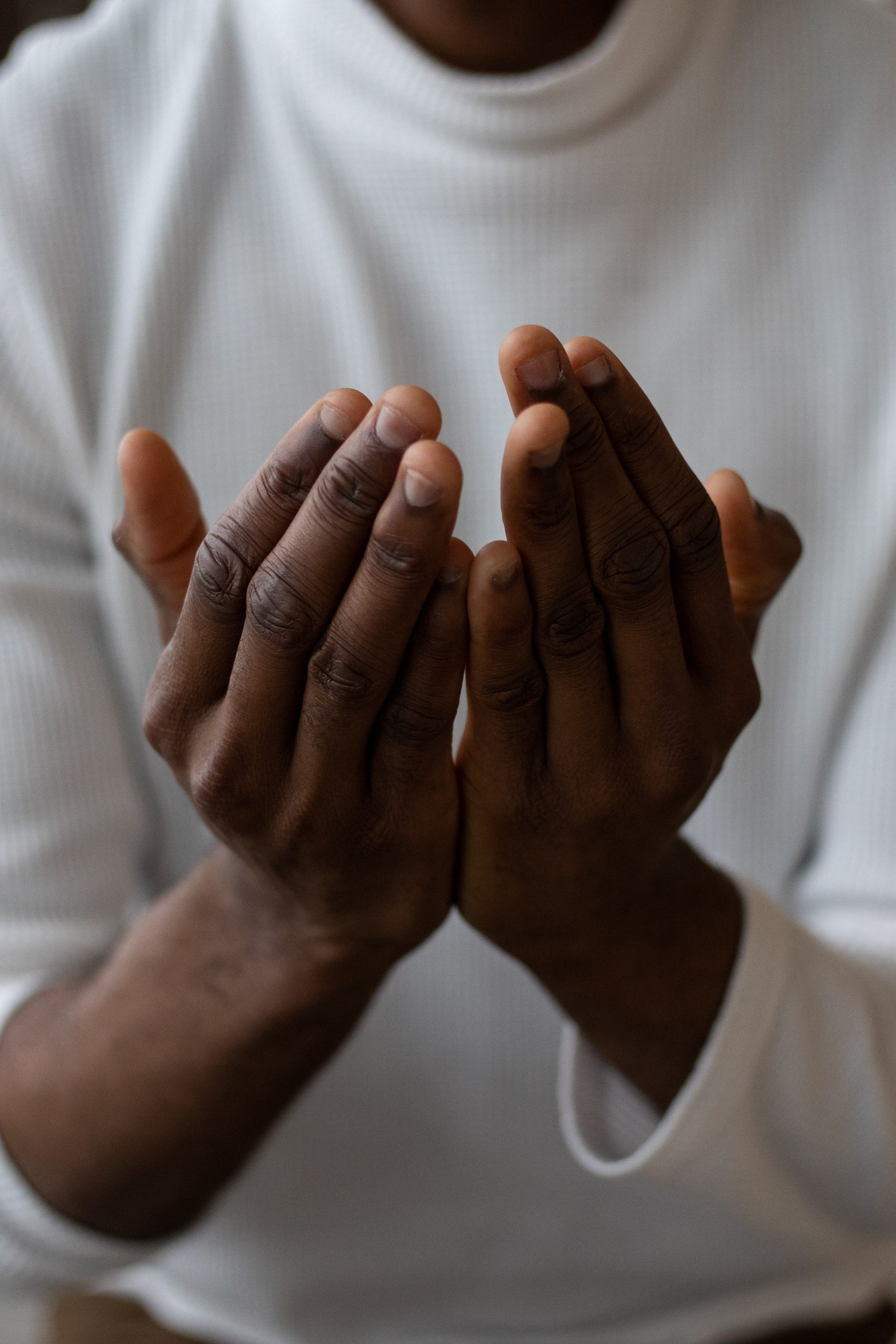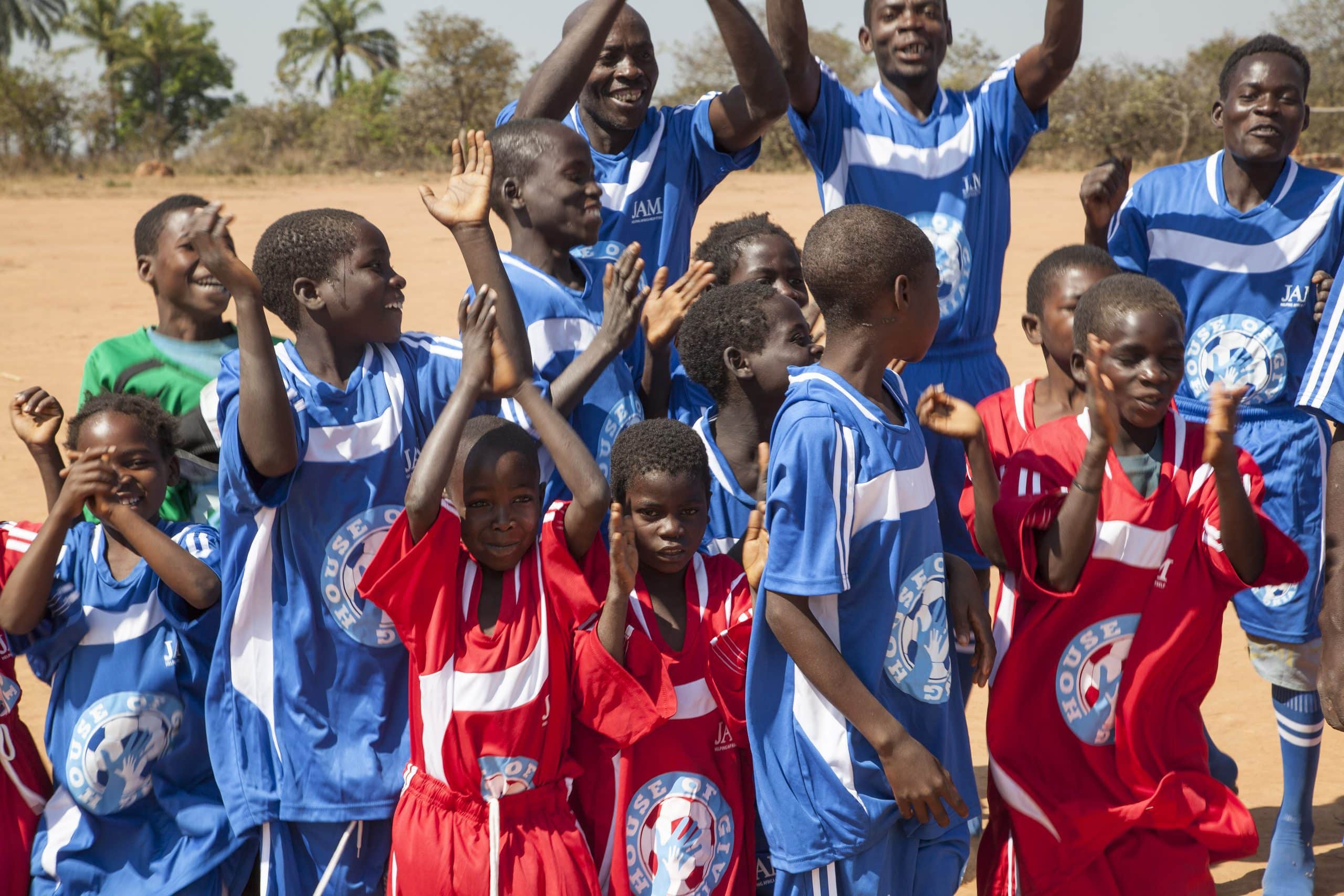Forgiveness is a touchy subject for most people. It can be difficult to forgive those who have wronged you. Asking for forgiveness from someone that you’ve wronged can be even more challenging in many ways. It usually involves taking responsibility for your actions, feeling empathy and compassion for those affected, and frequently involves intense anger, guilt, and shame. The need to forgive and be forgiven impacts every life, every relationship, every marriage, every family, every church, every company – everybody. It is truly universal.
You don’t have to look far to find advice on forgiveness.
A lot of books and seminars talk about the condemnation, shame, and guilt of un-forgiveness. It’s commonly thought that you can motivate people by making them feel guilty, but it rarely works. Forgiveness is a process, but what is the reward? What is the benefit of forgiveness? What does the end result really look like? It’s freedom. Total freedom. A lot of people see forgiveness as a spiritual exercise. They think, “If I forgive, then God will forgive me of my sins, and I will have a better relationship with God.” That is all true, but the act of forgiving benefits your emotional and physical health, as well.
Those who are complacent say, “I know everything I need to know about forgiveness,” or don’t think the topic applies to them. While that may be partly true, there are always new takeaways from diving deeper into any subject. For the conviction group, the topic is often met with hesitation because it’s an uncomfortable topic for them to discuss. They often say, “I know everything I want to know about forgiveness.” And those who are confused say, “I have no idea what I need or want to know about forgiveness.”
Regarding these three categories, Gil says, “Most people are probably just confused about forgiveness. About what it is, what it isn’t, and what it really means to forgive. So, in my book, I’ve included a survey on how good a forgiver you are. And in the book, you’ll find a list of 25 questions you need to ask yourself and see where you are on the scale.” He adds that without fail, every time he’s spoken to someone who has gone through the exercise, it’s surfaced that they are holding grudges or think of people they need to clear the air with. Sometimes they see that they need to forgive someone else, but it is also the case that they’ve wronged another and need to seek their forgiveness.

It may seem like you’ve forgiven someone, after all, they said they were sorry, and you accepted their apology. However, unless you’ve truly gone through the process of forgiveness your actions, words, and thoughts can tell a different story. Only when you’ve wholeheartedly forgiven someone can you let go of grudges, be happy for their successes, see them anyplace, anytime, for any reason, and not feel ill will or dislike.
Is Forgiveness an Act or a Feeling?
Forgiveness is an act, more accurately, a process. In his book, Gil outlines a four-step process to unleash the power you have to forgive. “A lot of times, we say, ‘God, if you just take the bitterness out of my heart I could forgive.’ And that’s like saying, ‘If you would take the desire for donuts away from me, I could lose weight.’ It doesn’t work that way. We have everything we need to forgive.”
Before you can embark on the journey of forgiveness, you must first acknowledge that it is possible. It is a learned skill that you can acquire. You must first commit to forgive. You can’t wait for the feelings to catch up with your decision. The feelings will follow, and it feels good to forgive and be forgiven, but first, you must commit.
The second step is to resolve your pain. About this, Gil has to say, “When people are hurt deeply, the first thing you should do is show God your pain. When I was a child and skinned my knee, my mother would ask me to show her where it hurts. She’d clean the wound, put a bandage on, and kiss my knee. Even though it still hurt, I just felt better knowing someone cared, and no one cares for you more than God.”
During this stage of the process, it’s important to remember that you can’t just forgive and forget. You’ve been hurt, and you need to work through resolving your past so that you don’t have to continue reliving it.
The next step is to restore your peace in the present. This involves exploring what you should do about your pain now. Even after you’ve forgiven, the pain can still be present. Gil likens this to having surgery or a root canal; after the procedure, you will be sore, and there will be some discomfort, but that doesn’t mean the healing hasn’t started. This process requires you to grant yourself grace, your emotions will catch up with your decision to forgive others.
The final phase in the forgiveness process is to reclaim your purpose for the future. Many people sabotage their futures because they are stuck in the past. But if you can work through your past experiences, hurting others or being hurt by others, you can experience true freedom. By letting go of that burden, you can face the future with clarity, purpose, focus, and total freedom.
Why Bad Things Happen
Life happens, and part of life is experiencing failures, heartbreak, and disappointments. There are two main reasons why bad things happen; your own choices and the choices of others. You make hundreds of decisions every day, some good and some bad. But for every choice, there is a reward or a consequence. And it’s not just your actions that affect your life, it’s the actions of others. This is one of the reasons why forgiveness is universal.
There is an old saying, “sticks and stones may break my bones, but words can never hurt me.” This is a lie. Often, words cut the deepest wounds. They have the power to shape how we feel about ourselves, how we feel about others, and how we view the world. The vast majority of people have experienced just how hurtful words can be, and have carried those wounds with them for their entire lives. Words have the power to burn down houses, but that same tongue can bring life, healing, and forgiveness.
When Gil counsels individuals on forgiveness, he encourages them to empathize with the person who hurt them. He understands that it’s not an easy thing to do, but it can make all the difference. In his book, he discusses his personal struggle to forgive his father, and it wasn’t until he was able to understand his father’s past that he could begin the healing and eventually replace the anger once felt for his father with compassion. As you practice this, Gil says that you’ll start to understand the other person’s motivations and see the situation from a completely different perspective.
The Key to Lasting Freedom
People are motivated by two things; they’re motivated by principle and pleasure, or they are motivated by pain. Pain, as a motivator, will only get you so far. After years of bitterness and anger, it should become clear that forgiveness is the antidote. “We create our own jail cells, where bars are made of anger, bitterness, resentment, and grudges. And we remain in that prison,” explains Gil, “without ever realizing that we are holding the key in our hand. The key is forgiveness. You can let yourself out anytime, or you can choose to wallow in that misery.”
It is human nature to blame others when we’ve been hurt or exploited. But, through his book and counseling, Gil encourages those who are struggling with forgiveness to stop running away. Stop looking for quick fixes, stop minimizing the importance of forgiveness, and start living with unbridled freedom. Forgiveness allows you to let go of emotional pain, physical manifestations of your anger and resentment and offers you the opportunity to live a miraculous life of grace, purpose, and freedom.
You can purchase Forgive Your Way to Freedom: Reconcile Your Past and Reclaim Your Future by Gil Mertz on Amazon.











